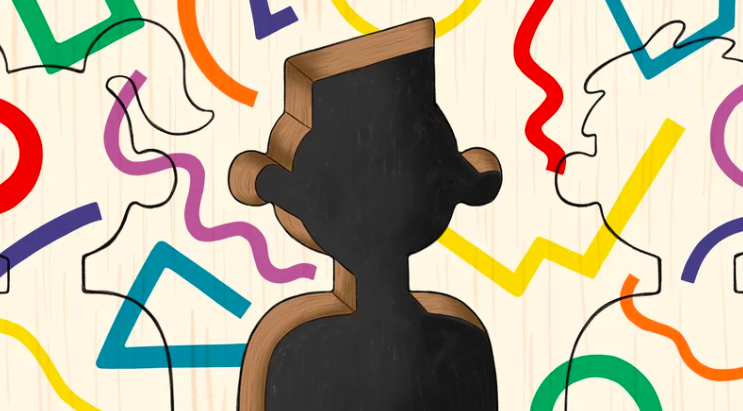I AM writing in regards to your recent commentary piece authored by R Paneir Selvam on Autism that was published in March 2022, entitled Autistic children: Understanding the plight of God’s special creation.
While I applaud your organisation for giving space and light to the autistic community, I am slightly disappointed that certain errors were missed, even though it was an opinion piece. Here are several of it:
- “In most cases, some of these children recovered completely later in life but the stigma of being an OKU will follow them for the rest of their lives. Is it fair to them?”
- “Moreover, if the child, for example, has fully recovered, the Government must devise a process to remove the OKU designation totally, allowing the children to resume their normal lives. “
- Teachers and trainers from NASOM, for example, have contributed to the transformation of these children by prioritising them over their own families. Their sacrifice is greatly appreciated, and in some cases, they played a critical part in the children’s recovery.
It is to note that autism is a neurological difference and it is not a disease, or a form of illness that one can recover from. It is a complex developmental condition involving persistent challenges with social skills, communications and repetitive behaviours.
People with autism spectrum disorder (ASD) may behave, communicate, interact and learn in ways that are different from most other people as they process information and perceive the world and society very differently.
There is no cure for ASD or it is something that many are vying for. In fact, amongst the psychiatric and child developmental field, especially within the autistic communities – it is seen as eugenics.
Therapy and early intervention are different from being a form of cure for someone to recover. They are tools that therapists will teach and impart on to autistics to learn to cope and manage day to day interactions and tasks to lead their life within the neurotypical society.
The above are the more pertinent points that I feel ought to be voiced out. Media platforms have a huge responsibility and even more so when it is on something as sensitive as autism. There have been far too many myths and factually wrong content around, and a lot of these opinion pieces are often from writers who do not consult the community themselves.
It is confusing to perpetuate that there is a cure for autism. It is akin to giving parents who are facing such situation to have false hopes, and un turn, some pathologise ASD as something that someone should recover from.
I am an autistic adult, and I believe what I have raised above should have some weight. I am also someone who writes and work in media and strongly advocate for society to communicate the right and verified information on autism and to have the right messaging.
Hope that this could be relay to the author and some corrections could be made or reframed. – May 10, 2022
Beatrice Leong is a contributor to FocusM.
The views expressed are solely of the author and do not necessarily reflect those of Focus Malaysia.









